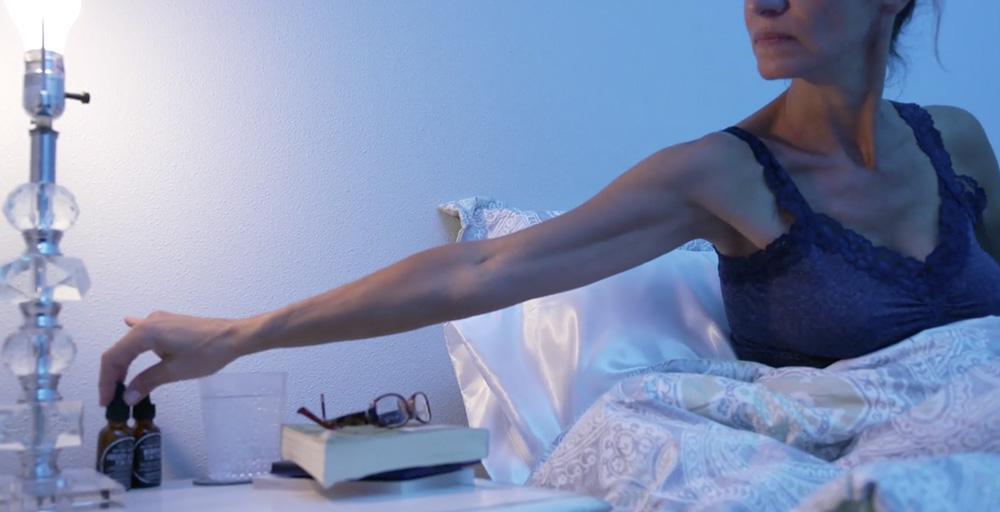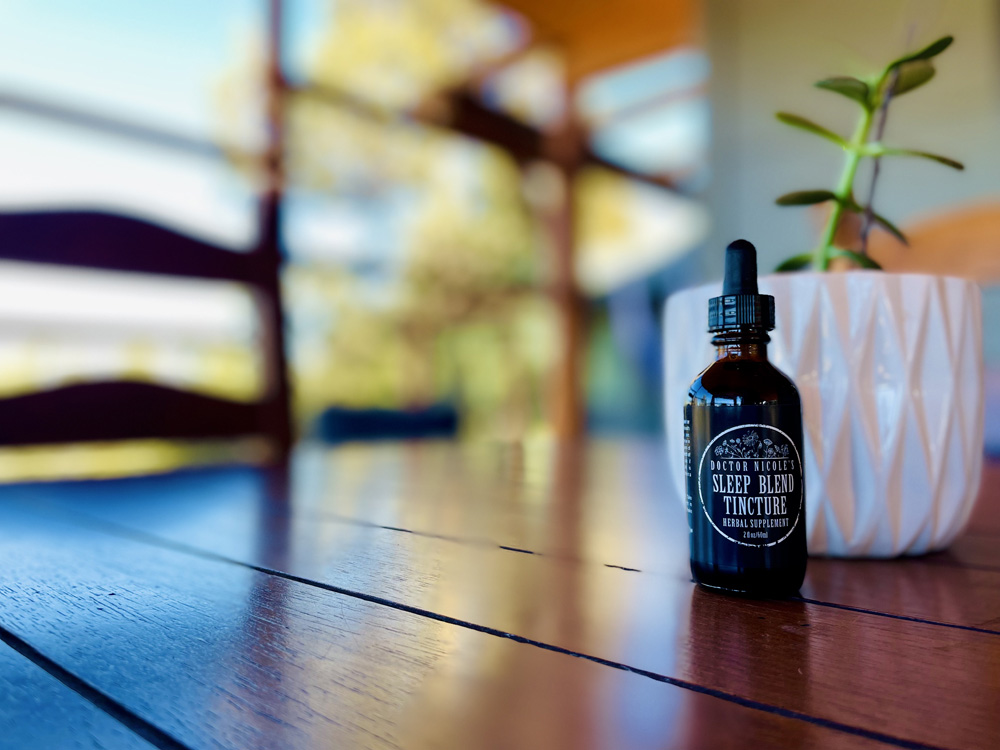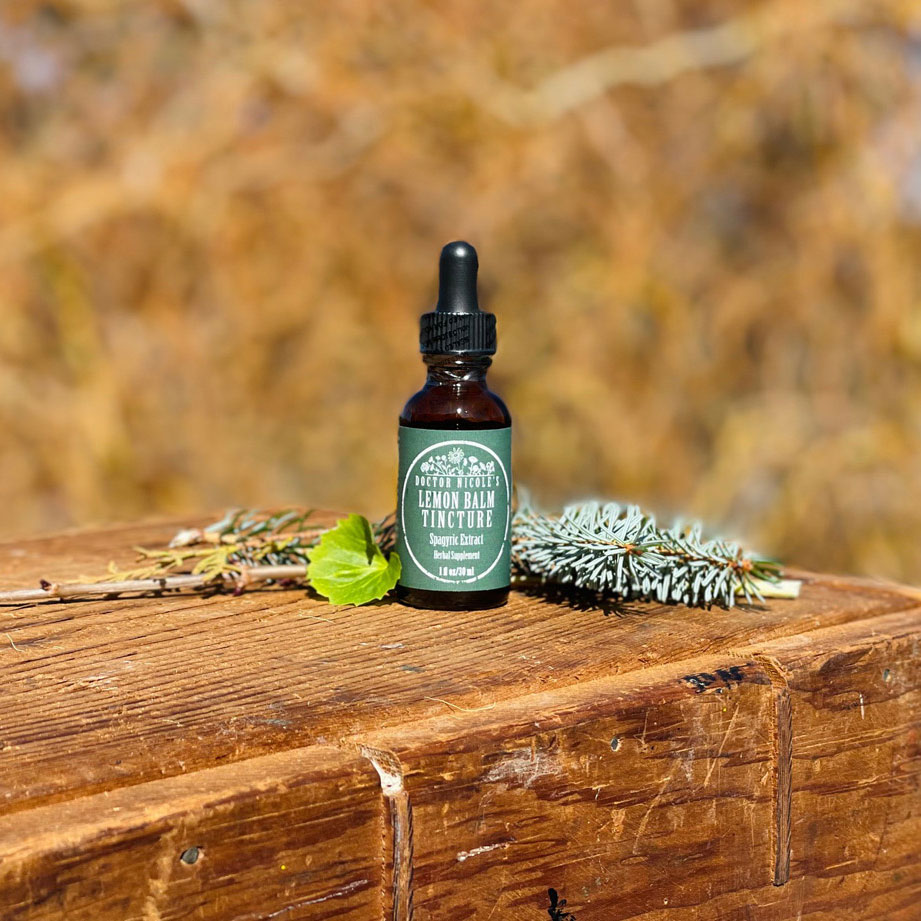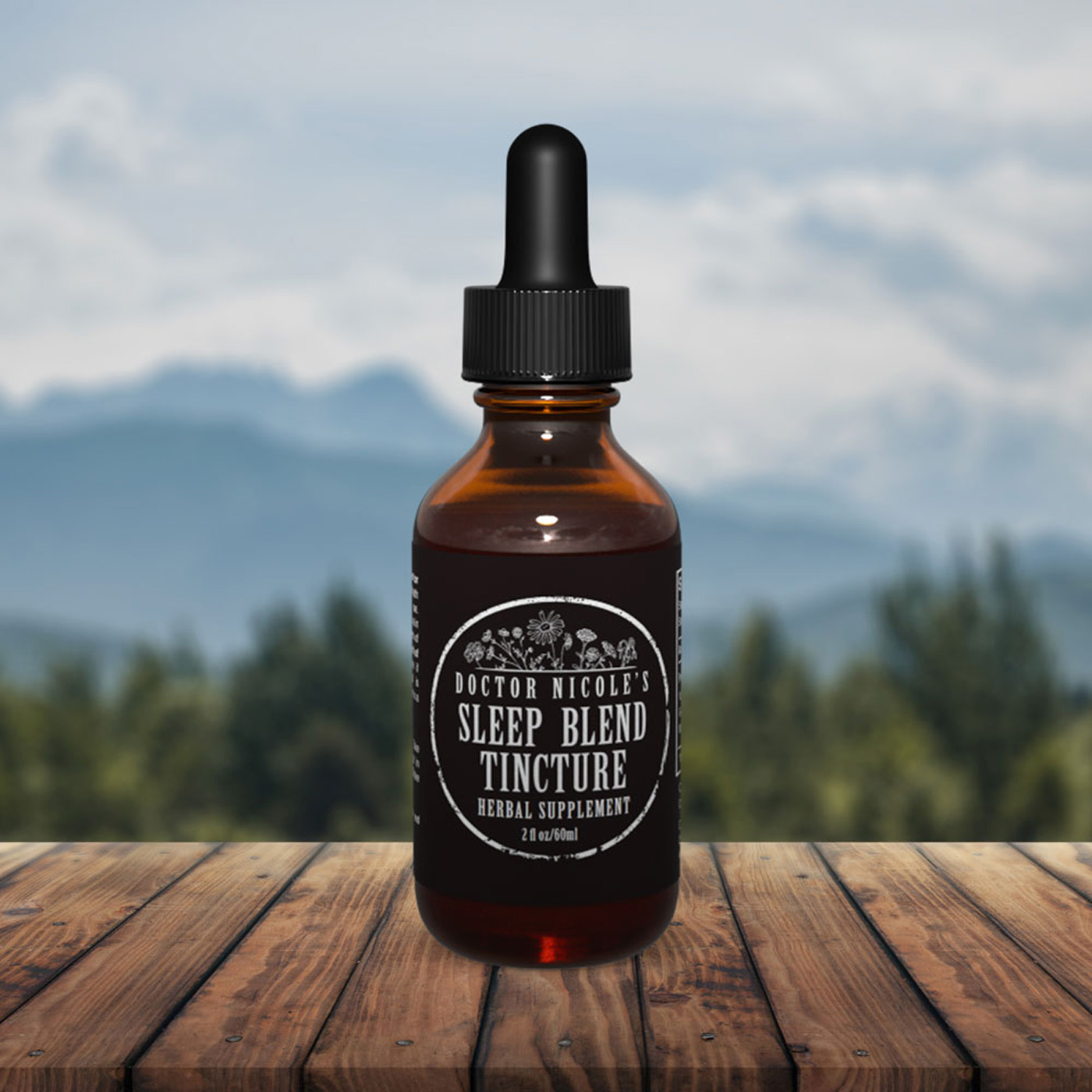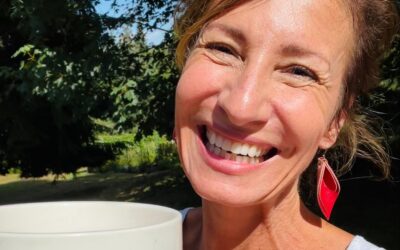How Time Affects Your Circadian Rhythm
With daylight savings ending soon where the clocks will be turned back an hour, many of us are looking forward to resuming standard time since it is more closely attuned to our natural circadian rhythms. Considering this bi-annual event has been found to contribute to seasonal affective disorder (SAD), diabetes, heart disease, weight gain, and an increase in accidents, many health experts argue for the abolishment of the practice. But daylight savings isn’t the only impact time has on our biology, a study in the Journal of Health Economics has found that where you live in relation to a time zone has a significant influence as well.4 In light of this, we can adopt a few simple habits that help to ease the transition of daylight savings and mitigate the harmful effects of living on the wrong side of a time zone.
Where You Live Matters
While it may not be something most tend to think about, researchers have discovered that where you live in relation to a time zone can greatly impact your health — both mental and physical. Why? The short answer is because of the delicate balance between your circadian rhythm and when the sun sets. As many of you know, sunset is a strong biological trigger that prompts the release of sleep-promoting melatonin. When this cycle is disrupted by exposure to light in the evening, our sleep suffers both in length and quality. This in turn can cause a cascade of issues, from obesity and diabetes to lower productivity.
In the study, the researchers looked specifically at how living in an area with a late sunset impacted physical and mental health. After examining data collected in the American Time Use Survey by the Bureau of Labor Statistics that was compiled from over one million users, the team found that those who live on the western side of a time zone experienced negative effects regarding their health and finances. The team noted this was due to being exposed to more natural light in the evening.
Take for example Panama City, Florida, which is located on the far eastern end of the Central time zone, and compare it with the far western city of Pecos, Texas, where the sun sets an hour later. According to the findings, those who experience a later sunset went to bed approximately 19 minutes later than their eastern counterparts. While this may not seem like much of a difference, it greatly impacts health and well being — much more than you would imagine.
Research has shown time and again this disturbance of our natural cycle has significant consequences, including whether or not we experience a heart attack, develop diabetes, or struggle with obesity. In fact, the study found that those on the later sunset side of the time zone are more likely to sleep less than six hours a night. They were also 11 percent more likely to be overweight and 21 percent more likely to be obese. Diabetes also tends to be more prevalent, as is the risk of heart attack — 19 percent more likely for the latter. Breast cancer risk increased by 5 percent as well.
But that’s not all. The authors found that those on the far western side of the time zone earned three percent less in wages than average, even though housing costs and commute times are approximately the same on either side.
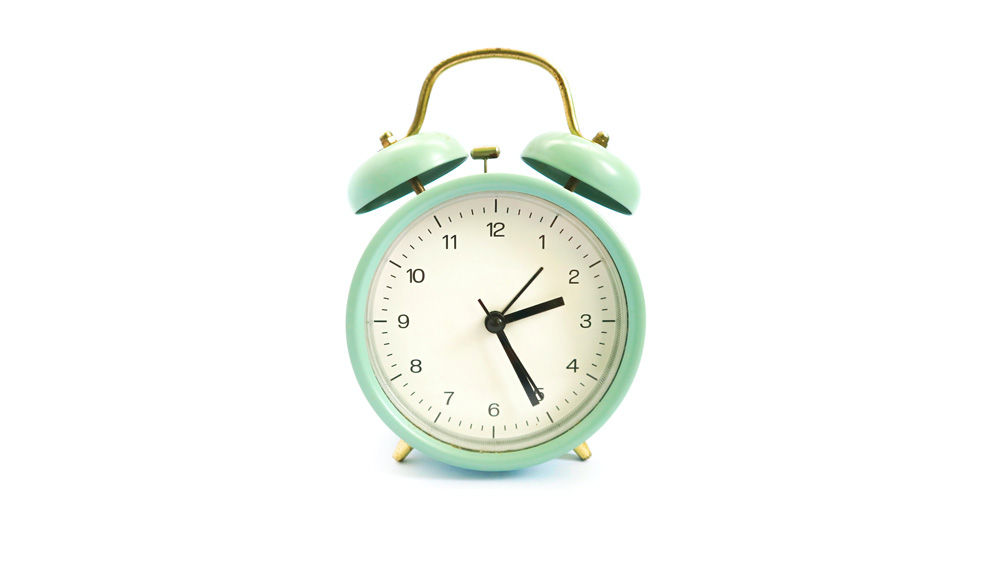
The Dark Side of Daylight Savings Time
What about our seasonal “spring forward, fall back” when we set our clocks an hour ahead in March, then move it back again in November? It has long been known that this disruption has a significant impact on human well being. Researchers believe it takes about a week in the springtime to adjust and during this time we are at greater risk for accidents, heart attacks, stroke, and atrial fibrillation. It also has been shown to reduce our productivity and encourage mood disturbances.5
Interestingly, a panel of 20 medical, scientific, and civic organizations stated in 2020 that “standard time is more aligned with our natural circadian rhythm and most conductive to public health and safety.”2
“Circadian rhythms are natural, internal cycles within the body that regulate physical, mental, and behavioral changes over a 24-hour cycle,” said Dr. Susheel Patil, a specialist in sleep medicine and clinical associate professor at the Case Western Reserve University School of Medicine.
There is also a disruption in the autumn when we turn our clocks back to standard time, although it tends to be easier than in the spring — particularly if we take advantage of the extra hour of sleep. However, one area that is impacted with the autumnal time change is seasonal affective disorder (SAD). If you are already prone to the condition, studies have shown going back to standard time in November can make symptoms worse — up to an 11 percent increase in depressive episodes.3
This seasonal depression can involve feeling lack luster and depressed; sleeping too much; losing interest in enjoyable activities; brain fog; craving carbohydrates; and thinking about death or suicide. If you have experienced these symptoms for more than two seasons in a row, there is a good chance you are suffering from the condition. SAD can also occur in the spring and summer months.
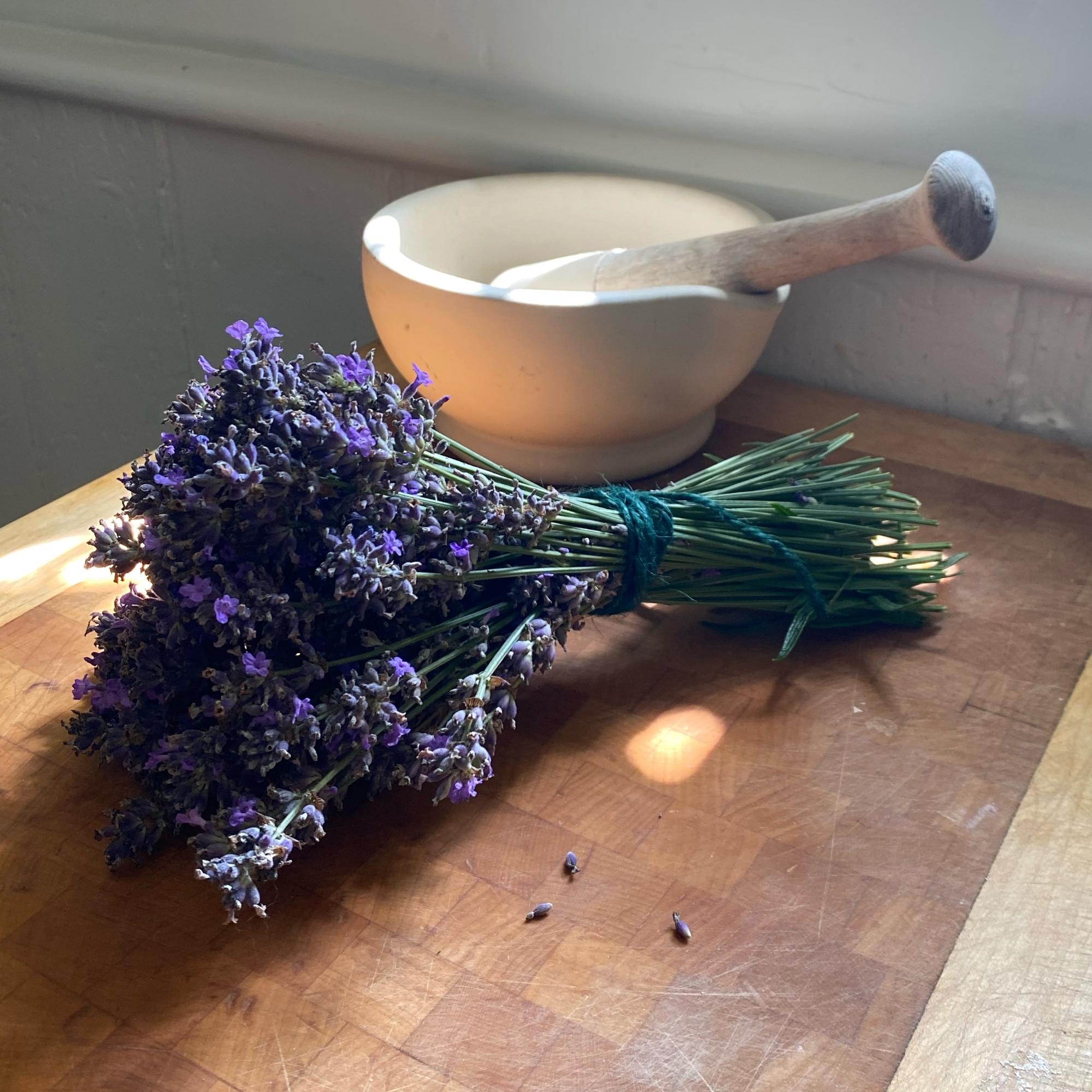
Where To Go From Here
Unless daylight savings is abolished and we all can live on the right side of the time zone, we will need to adapt the best we can to mitigate the mental and physical health impacts. And a good place to start is establishing a solid sleep routine. This includes:
- Going to bed at the same time each night.
- Steering clear of computers, televisions, and devices at least two hours before bedtime.
- Embracing relaxing nightly habits such as a warm bath with a few drops of soothing essential oils (lavender, bergamot, jasmine), breathing exercises, and reading.
- Enjoy a mug of calming herbal tea in the evening (holy basil, chamomile, magnolia bark, passion flower).
- Journaling and gratitude, especially if spinning thoughts tend to keep you awake (lemon balm also helps with this).
- Prepare for daylight savings time a few days in advance by shifting your bedtime and when you wake by 15 minutes each day leading up to the change. Do this in both the spring and autumn.
You will also want to create a “sleep sanctuary” that is dark, quiet, and free of televisions, work, computers, smartphones, or anything else that is not conducive to sleep. I highly recommend investing in light-blocking shades or curtains along with natural bedding, such as wool toppers and linen sheets for breathability and temperature regulation. Comfortable pillows that align your neck properly are important too.
While it isn’t possible for most to go to bed when the sun sets and wake up when it arises, having a “light hygiene” plan is always a good idea to maintain a healthy circadian rhythm. This involves avoiding blue light from televisions, computers, and devices in the evening and opting for lighting that is on the warmer end of the spectrum. I personally find candle and firelight in the evening particularly conducive to sleep during autumn and winter.
Interested in learning more about beneficial sleep hygiene practices? Have a look at these posts.
For those times when I need a little extra help, I turn to our potent Sleep Blend formula. If you also find that you struggle with deep, quality sleep, this blend is a natural way to encourage healthy sleep cycles. It contains ingredients that help you to relax and drift off to sleep quickly, such as hops, valerian, passionflower, and chamomile. Plus, it encourages the production of GABA, a neurotransmitter that calms your brain activity.
Suffering from menopause-related sleep issues? This is the formulation for you! Our sleep blend also includes magnesium glycinate, a form of magnesium that is easily absorbed by your body and improves sleep quality.
With our sleep blend, you can enjoy a restful night of sleep and wake up feeling refreshed and energized. Try it today and see the difference for yourself! Tap here to learn more.
Nicole Apelian
Nicole’s Apothecary Products in this Post
References
- “How living on the wrong side of a time zone can be hazardous to your health” Christopher Ingraham, The Washington Post, April 19, 2019. https://www.washingtonpost.com/business/2019/04/19/how-living-wrong-side-time-zone-can-be-hazardous-your-health/
- “Why Ditching Daylight Saving Time Would Be Healthier for Everyone” Nancy Schjimelpfening, MS. Healthline, March 13, 2023. https://www.healthline.com/health-news/why-ditching-daylight-saving-time-would-be-healthier-for-everyone
- Hansen, Bertel T.; Sønderskov, Kim M.; Hageman, Ida; Dinesen, Peter T.; Østergaard, Søren D.. Daylight Savings Time Transitions and the Incidence Rate of Unipolar Depressive Episodes. Epidemiology 28(3):p 346-353, May 2017. | DOI: 10.1097/EDE.0000000000000580]
- Giuntella, O., & Mazzonna, F. (2019). Sunset time and the economic effects of social jetlag: evidence from US time zone borders. Journal of health economics, 65, 210–226. https://doi.org/10.1016/j.jhealeco.2019.03.007
- Rishi, M. A., Ahmed, O., Barrantes Perez, J. H., Berneking, M., Dombrowsky, J., Flynn-Evans, E. E., Santiago, V., Sullivan, S. S., Upender, R., Yuen, K., Abbasi-Feinberg, F., Aurora, R. N., Carden, K. A., Kirsch, D. B., Kristo, D. A., Malhotra, R. K., Martin, J. L., Olson, E. J., Ramar, K., Rosen, C. L., … Gurubhagavatula, I. (2020). Daylight saving time: an American Academy of Sleep Medicine position statement. Journal of clinical sleep medicine : JCSM : official publication of the American Academy of Sleep Medicine, 16(10), 1781–1784. https://doi.org/10.5664/jcsm.8780

